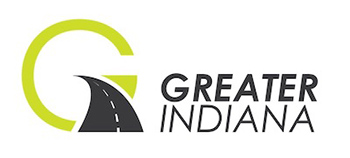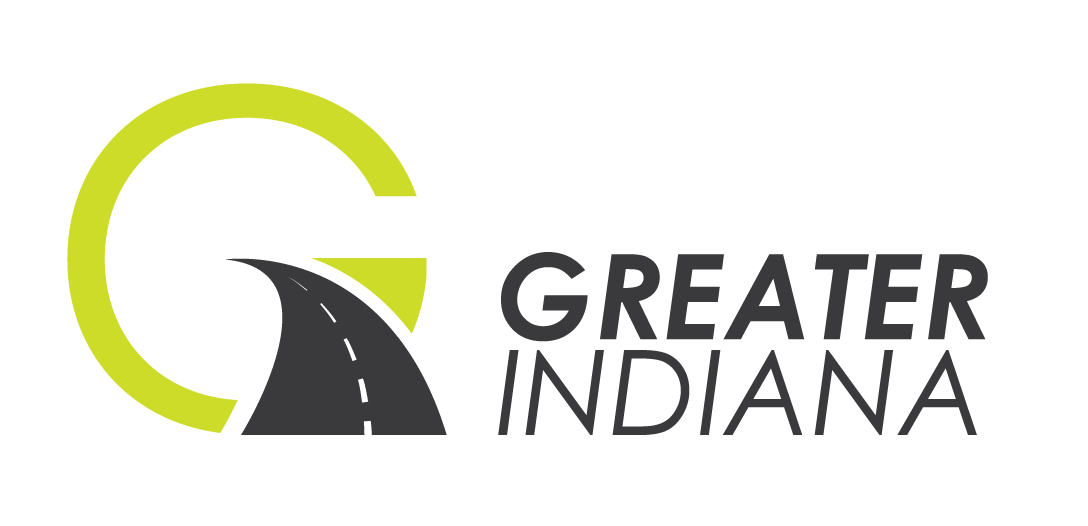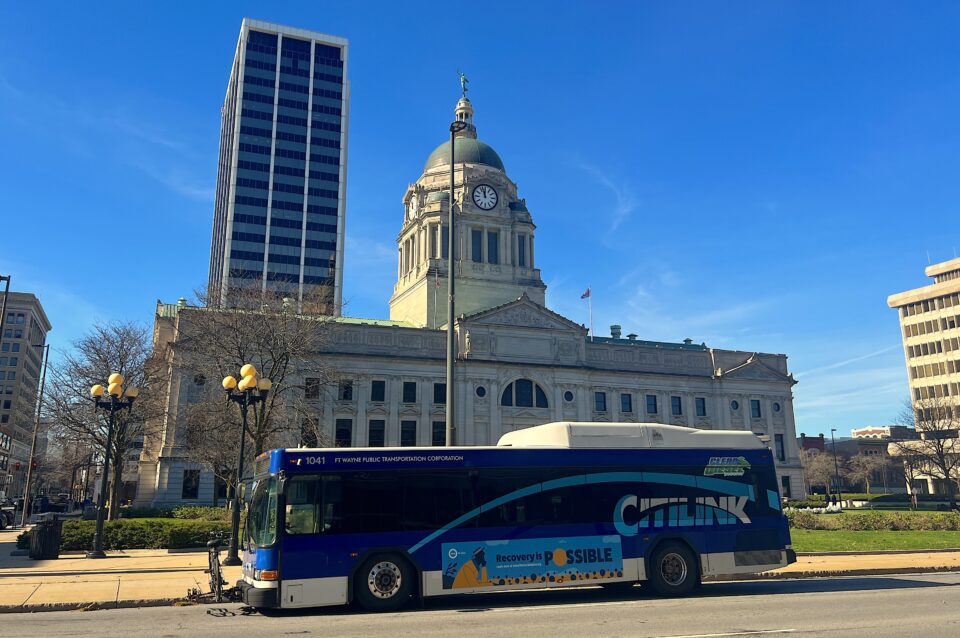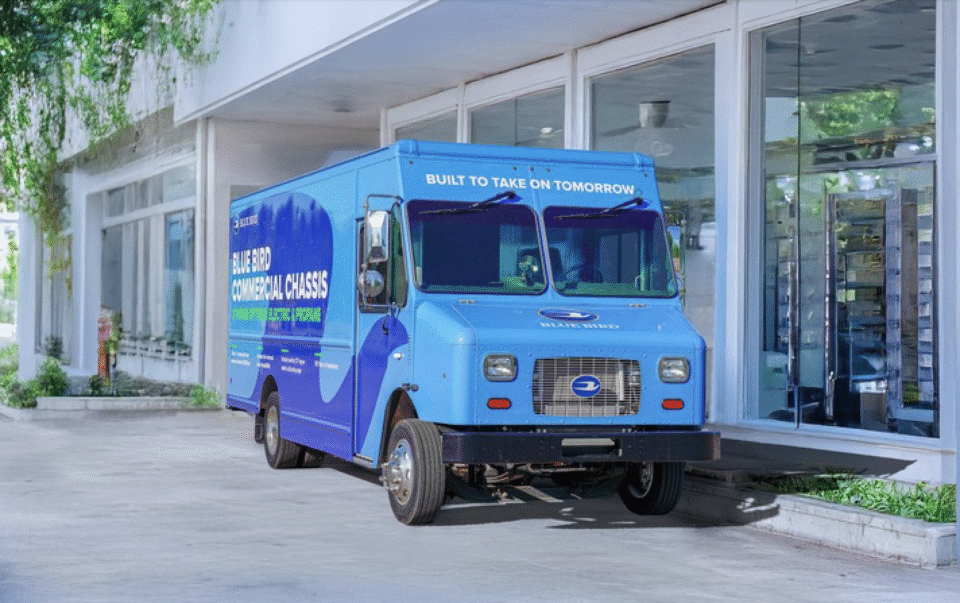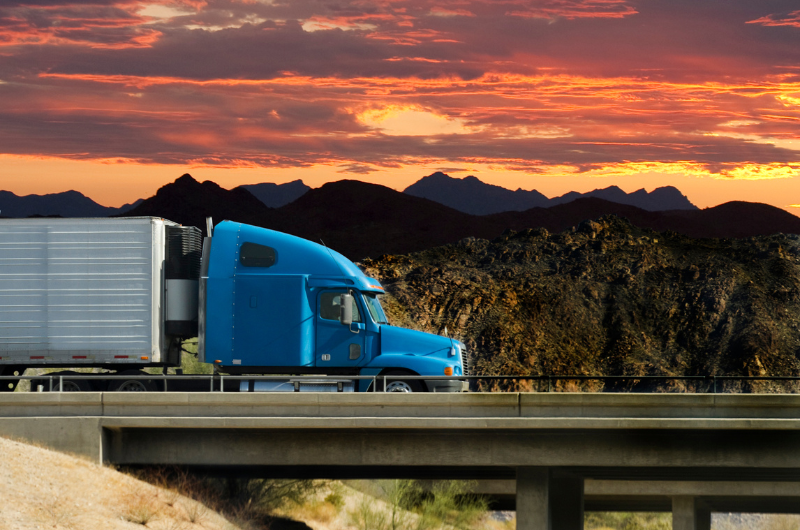AES Indiana, AES Ohio join National Electric Highway Coalition to support national EV infrastructure
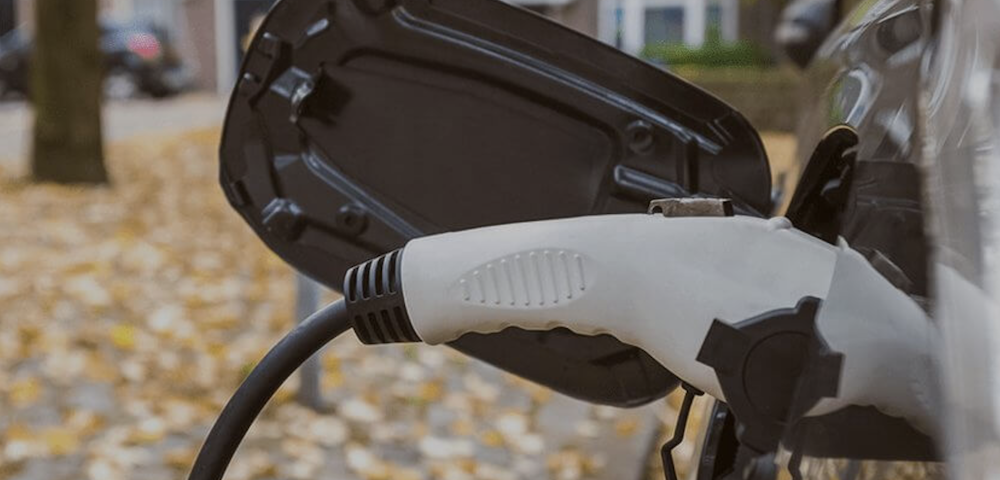
The National Electric Highway Coalition (NEHC) this week added several new members to its collaborative efforts at deploying electric vehicle (EV) fast changing infrastructure around the country, including AES Indiana and AES Ohio.
“Electric vehicles are the future and we look forward to accelerating adoption by working with members of the National Electric Highway Coalition to support a network of convenient fast-charging options for drivers as they travel across Indiana and beyond,” Kristina Lund, AES U.S. Utilities president and CEO, said. “This partnership will expand our ability to provide customers with opportunities to utilize electric vehicles in their everyday lives.”
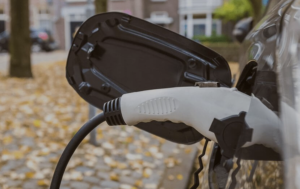 In anticipation of this partnership, the two companies have begun efforts to electrify their fleet, be it with electric or hybrid vehicles. Both have also committed to working with government stakeholders at the local, state, and federal levels to advance the expansion of EV infrastructure. This has included support for items like Indiana’s House Bill 1221, which would utilize pilot programs to provide information about such infrastructure’s impact on the electric grid and customer usage.
In anticipation of this partnership, the two companies have begun efforts to electrify their fleet, be it with electric or hybrid vehicles. Both have also committed to working with government stakeholders at the local, state, and federal levels to advance the expansion of EV infrastructure. This has included support for items like Indiana’s House Bill 1221, which would utilize pilot programs to provide information about such infrastructure’s impact on the electric grid and customer usage.
Meanwhile, at AES Ohio, $5.1 million has been tapped for Level 2 and DC Fast Charger electric vehicle charging rebates, to be paid on a first-come-first-serve basis for qualifying projects. While Level 2 Chargers could be installed in various locales, such as workplaces, apartments complexes, or public areas, DC Fast Chargers must be publicly accessible to be eligible. Likewise, all must have the ability to record and send data to AES Ohio.
The NEHC was formed last year by the Edison Electric Institute (EEI) and an initial group of member companies to support a national clean energy transformation and reduce carbon emissions. With the addition of recent members, it has ballooned to more than 60 investor-owned electric companies, an electric cooperative, and the Tennessee Valley Authority.
Kellen Schefter, EEI’s director of electric transportation, said, “NEHC members are committed to supporting the charging infrastructure necessary to facilitate EV growth and enable customers to travel long distances with confidence.”
Meanwhile, on March 22, the Nebraska Public Power District (NPPD) also announced it signed a memorandum of cooperation to become a member of the NEHC.
“Our membership in NEHC reaffirms our commitment to support the expansion of the EV charging infrastructure along highways and main thoroughfares across the state,” said NPPD President and CEO Tom Kent. “Most EV owners will charge their vehicles overnight, and that’s very convenient for daily travel, but getting more fast-charging stations out in the public along heavily traveled corridors is an important next step to support our customers who are purchasing EVs.”
The NPPD said it has installed or provided financial assistance for the installation of several DC fast-charging stations throughout its service territory.
Experts at EEI have predicted a massive uptick in electric vehicles in the years ahead. The organization estimated more than 100,000 EV fast chargers will be needed by 2030 to support projections of nearly 22 million EVs. One of the major things holding deployment and transition back has been customer anxiety about the availability of charging stations during long road trips. Therefore, the national infrastructure push from NEHC is meant to alleviate those concerns.
